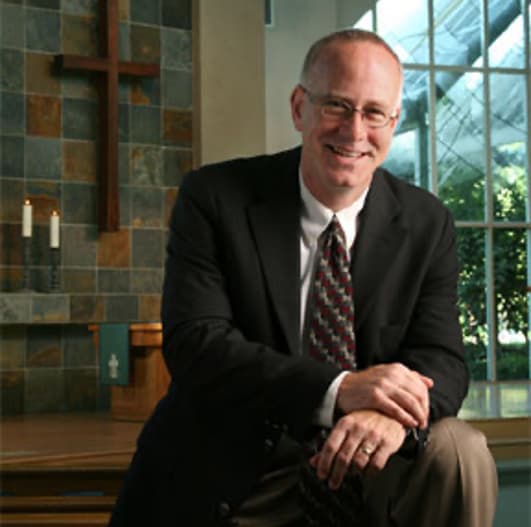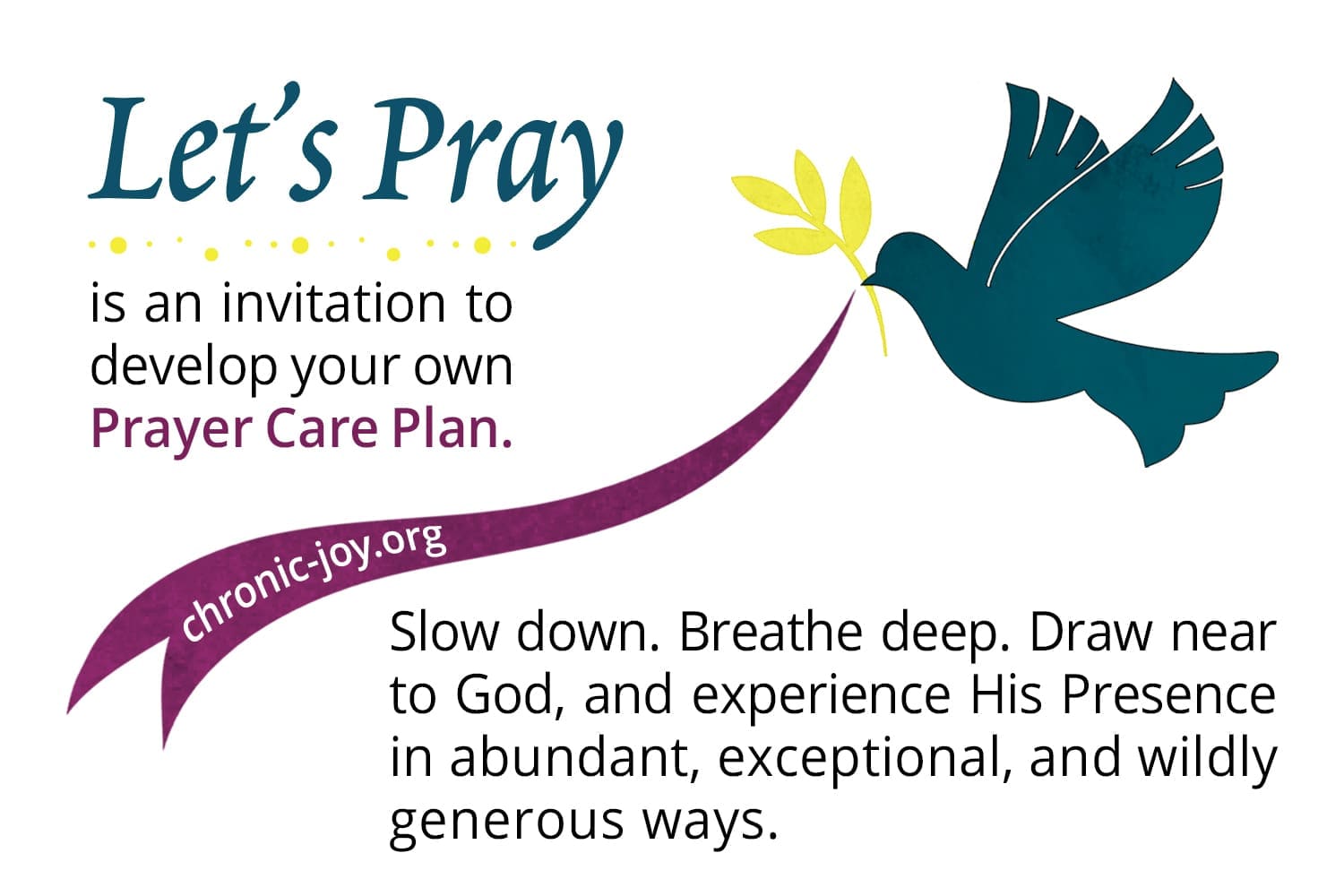
Lift up your hands in the holy place and praise the LORD. Psalm 134:2 HCSB
LIFT UP YOUR HANDS AND WORSHIP GOD
Lift up your hands in the holy place and praise the LORD. (Psalm 134:2)
I have talked about the freedom we have to lift our hands in worship or not to do so, depending on our cultural context. I do not believe that Scripture requires us to use certain gestures or postures every time we pray or worship, yet I am impressed by how much prayer and worship in Scripture include the use of the body.
My natural inclination, combined with my cultural upbringing, inclines me to think of communicating with God as something that happens mainly inside of a person. It’s a matter of thoughts and feelings. Physical expression is unnecessary and incidental. Yet, throughout the Bible, prayer and worship happen through bodies. Worshipers not only lift their hands but also stand, kneel, bow down with faces to the ground, sing, and shout. Biblically worshiping God includes the inner person, but, for the most part, gets expressed physically.
WORSHIPING GOD WITH OUR WHOLE BEING
Why would it matter for us to worship with our bodies? The answer, I believe, emerges from a biblical understanding of the person. God did not make us as nonphysical spirits that just happen to have bodies as temporary shells. Rather, God created us as physical beings, as souls that have bodies as an essential element of our being. Our bodies and our spirits are thus deeply interconnected. What we experience on the inside deserves to be expressed in actions. And the actions of our bodies often influence and shape our hearts.
Thus, it makes sense for God to call his people to love Him, not just with their inner selves, but also with their strength Deuteronomy 6:5. Jesus reiterated this command when He said that we should love the Lord with all of our heart, soul, mind, and strength. How else can we love God with our strength except by using our bodies?
WORSHIPPING GOD INCLUDES PHYSICAL EXPRESSION
For me, certain physical expressions of worship have helped to open up my heart to the Lord. They have enabled me to worship more completely and with greater integrity. Most of all, I find that kneeling in prayer or worship can both express and enhance my submission to God. When I’m sitting as I pray, I can still give myself sacrificially to the Lord. But when I actually kneel before Him, something changes, not just in my posture but also in my inner being. I am better able to love and worship God with all of my heart, soul, mind, and strength. Moreover, when I use my body in worship, I find that I am better prepared to worship God with my body as I live my life out in the world.
And so, dear brothers and sisters, I plead with you to give your bodies to God because of all he has done for you. Let them be a living and holy sacrifice—the kind he will find acceptable. This is truly the way to worship him. (Romans 12:1)
Worshipping God, not just with our inner selves, but with our whole selves, including our bodies, takes many specific forms in Scripture, including standing, shouting, kneeling, singing, and lifting hands. But the biblical vision of the body in worship is actually much broader. It includes, potentially, about as many gestures and postures and actions as you can imagine. Let me explain what I mean.
WORSHIPPING GOD THROUGH OUR DAILY LIVING
Romans 12:1 calls us to give our bodies to God in response to all He has done for us. In particular, we offer our bodies to the one who offered Himself in the body of Jesus on the cross. Our worship is always a response to God and what God has done for us.
We are to give our bodies, according to this passage, as “a living and holy sacrifice.” The people of Israel were required to offer various sacrifices to God, including produce and animals. Romans 12:1 uses sacrificial imagery to explain how we are to offer not literal sacrifices but rather ourselves as living sacrifices. We are not killed on the altar. Rather, we live for God and his purposes at each moment of each day. In our living we give ourselves to God. In our living, we worship God.
WORSHIPPING GOD DOESN’T JUST HAPPEN IN CHURCH
Notice that worshiping God is not simply the sort of thing we do when gathered with other believers in church. It’s far more than what we might do in our personal devotions. True worship, according to Romans 12:1, involves giving our whole selves to God each day. The actions of our bodies become the means of worship as we live in the world for God’s glory.
What does this mean in practice?
It means you can worship God as you teach your class in school or as you stock a shelf or as you take a deposition or as you negotiate a contract or as you serve a customer or as you promote a candidate or as you hug your children or as you build a house for homeless people or as you lead a Bible study in your office or…
When you seek to worship God with your body as a living sacrifice, everything you do can become an act of worship.
PRAYER
Gracious God, You have created us as whole people, people with heart, soul, mind, and strength. Thank You for the wonder of your creation. Help me, dear Lord, to love and worship You completely, with heart, soul, mind, and strength.
Thank You for the high calling You have given me, for the opportunity to serve You with my body in all that I do. Forgive me for how easily I tend to think of serving You in some areas, but not in others. Help me to see my whole life as an opportunity to worship You.
All praise, glory, and honor be to You, gracious and holy God. Amen.
How Might We Use Our Bodies in Worship? Part 1 and Part 2 by Mark D. Roberts first published by The High Calling. Used with permission. Theology of Work Project Online Materials by The High Calling are licensed under a Creative Commons Attribution 4.0 International License.
Questions For Reflection
- How does pain, illness, or anxiety impact worshipping God?
- How do you see trials and pain? Does suffering and pain stretch your capacity for grace?
- Have you found that certain physical expressions of prayer and worship help you to communicate more thoroughly with God? Why do you think these expressions are so powerful for you?
- Do you see your life as one unending service of worship to God? Why or why not?
- How does Romans 12:1 shift your perspective of your life on your life?


Rev. Mark D. Roberts
Pastor
Rev. Dr. Mark D. Roberts is a pastor, author, retreat leader, speaker, and blogger. Since October 2007, he has been the Senior Director and Scholar-in-Residence for Laity Lodge, a multifaceted ministry in the Hill Country of Texas. For sixteen years before that, he was the Senior Pastor of Irvine Presbyterian Church in Irvine, California. Mark served on the staff of the First Presbyterian Church of Hollywood as Associate Pastor of Education preceding his time in Irvine.

DEVOTIONALS
An invitation to nurture and grow your relationship with Jesus.
Experience the fresh grace of God with Chronic Joy® Devotionals. Take one gentle step today, lift one precious life, pray for one more minute, and discover greater joy in Jesus.

Let's Pray
Let's Pray is an invitation to develop your Prayer Care Plan.
Slow down. Breathe deep and draw near to God, experiencing His presence in abundant, exceptional, and wildly generous ways.

Recent Comments